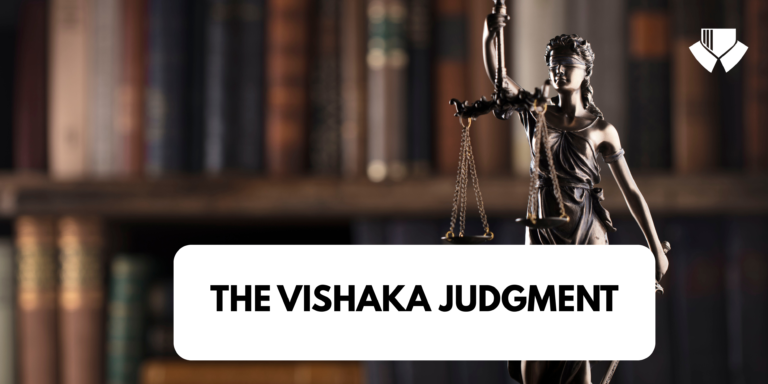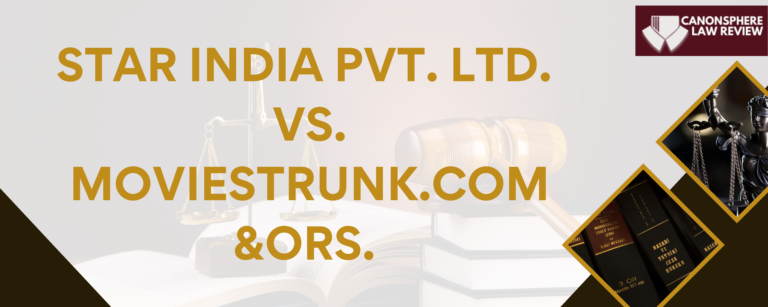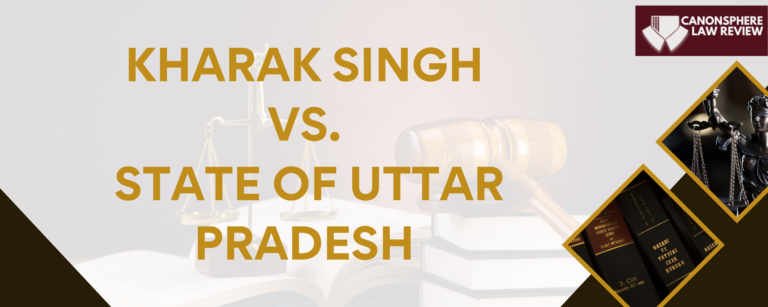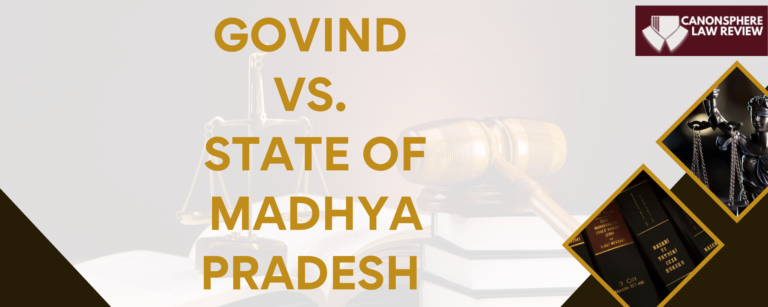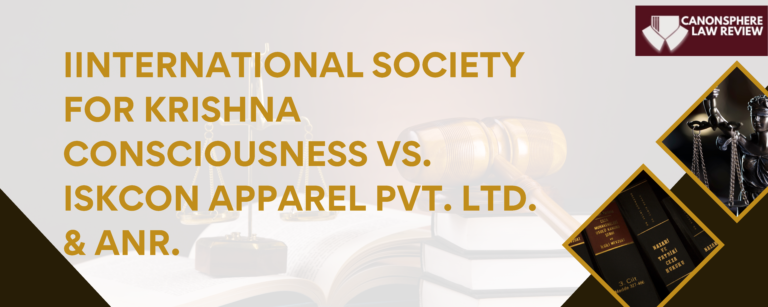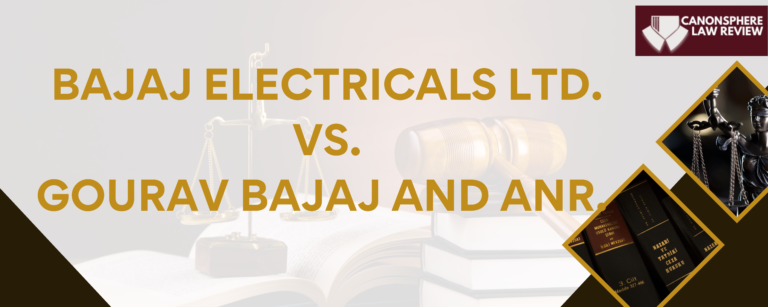This case commentary has been written by Abhijit Mahadeo Chavan. Abhijit has completed LL.M. in Constitutional Law, Department of Law, Savitribai Phule Pune University.He is currently serving as an Assistant Professor., New Law College, Mumbai.
ABSTRACT
The Supreme Court’s decision in Vishaka v. State of Rajasthan (1997) emerged as a judicial response to legislative inaction, establishing interim guidelines for workplace sexual harassment while demonstrating how courts can integrate international human rights norms with constitutional interpretation. Sparked by a tragic incident that revealed deep systemic vulnerabilities, this Supreme Court decision boldly recognized that sexual harassment at work infringes upon a woman’s right to equality, dignity, and occupational freedom guaranteed by the Constitution. The Court took the unprecedented step of issuing binding Vishakha Guidelines, requiring all employers to implement preventive measures, establish complaint mechanisms led primarily by women, and foster transparency, safety, and victim protection until comprehensive legislation could be passed.
The judgment ingeniously harmonizes national constitutional values with India’s obligations under conventions like CEDAW and accords global standards legitimacy as interpretive tools for domestic law. It was not only a response to legislative inertia but an active push for social reform, affirming that women deserve not just access to workplaces but an empowering and secure environment free from discrimination and harassment. The Vishakha Guidelines, covering everything from workplace awareness to disciplinary action and annual reporting, immediately filled a legal void while recognizing that ongoing legislative enhancement such as the eventual POSH Act was essential for wide-reaching, nuanced protections.
In its critical analysis, the judgment highlighted both its strengths in judicial activism and its limitations, noting that effective enforcement, systemic awareness, and resource allocation require robust implementation. Cultural change and legislative evolution remain ongoing challenges, with the Vishakha case serving as both a beacon of constitutional progress and a call to vigilant reform. Ultimately, it is a testament to the power of law to transform workplaces into spaces of dignity, equality, and safety for all women, setting a framework that continues to shape legal, societal, and policy reforms in India.
KEYWORDS: Sexual harassment, Vishakha Guidelines, Workplace equality, Constitutional rights, Judicial activism, Women’s Rights

